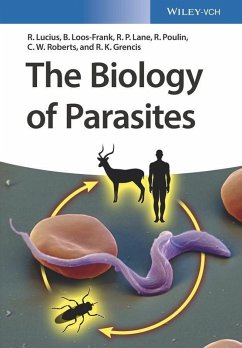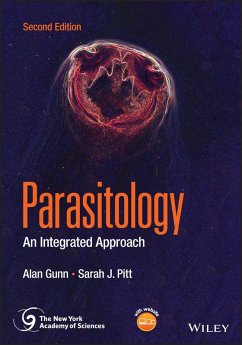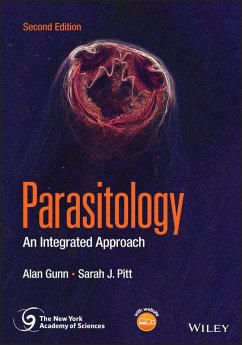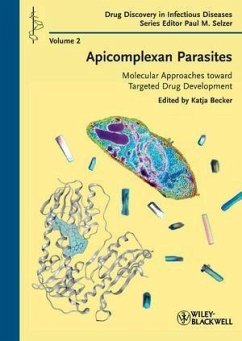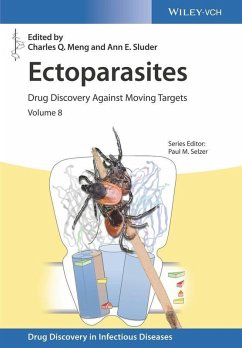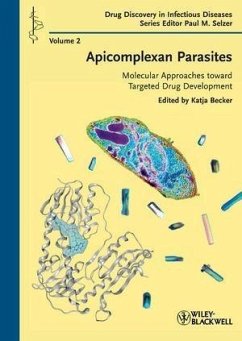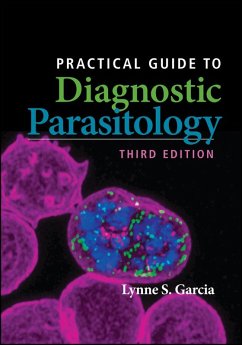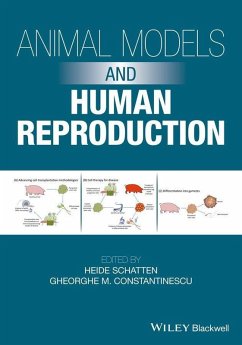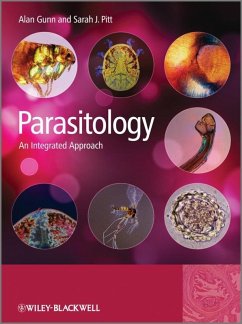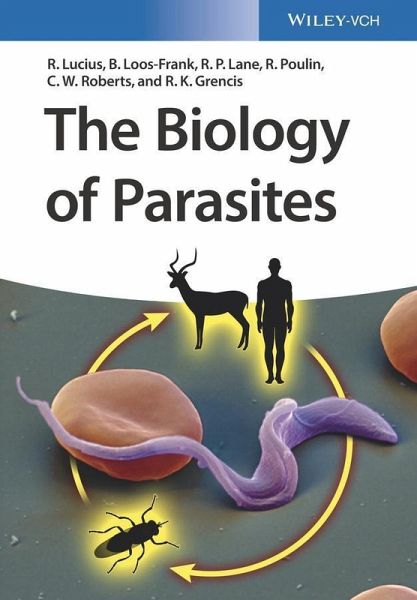
The Biology of Parasites (eBook, PDF)
Versandkostenfrei!
Sofort per Download lieferbar
76,99 €
inkl. MwSt.
Weitere Ausgaben:

PAYBACK Punkte
0 °P sammeln!
Endlich ein Lehrbuch, das die neuesten Erkenntnisse über die Zell- und Molekularbiologie von Parasiten präsentiert. Jede Klasse von Parasiten bei Tieren sowie die wichtigsten Parasiten beim Menschen werden behandelt. Für Studenten, die in der wissenschaftlichen oder industriellen Forschung arbeiten möchten, ein absolutes Muss.
Dieser Download kann aus rechtlichen Gründen nur mit Rechnungsadresse in D ausgeliefert werden.




